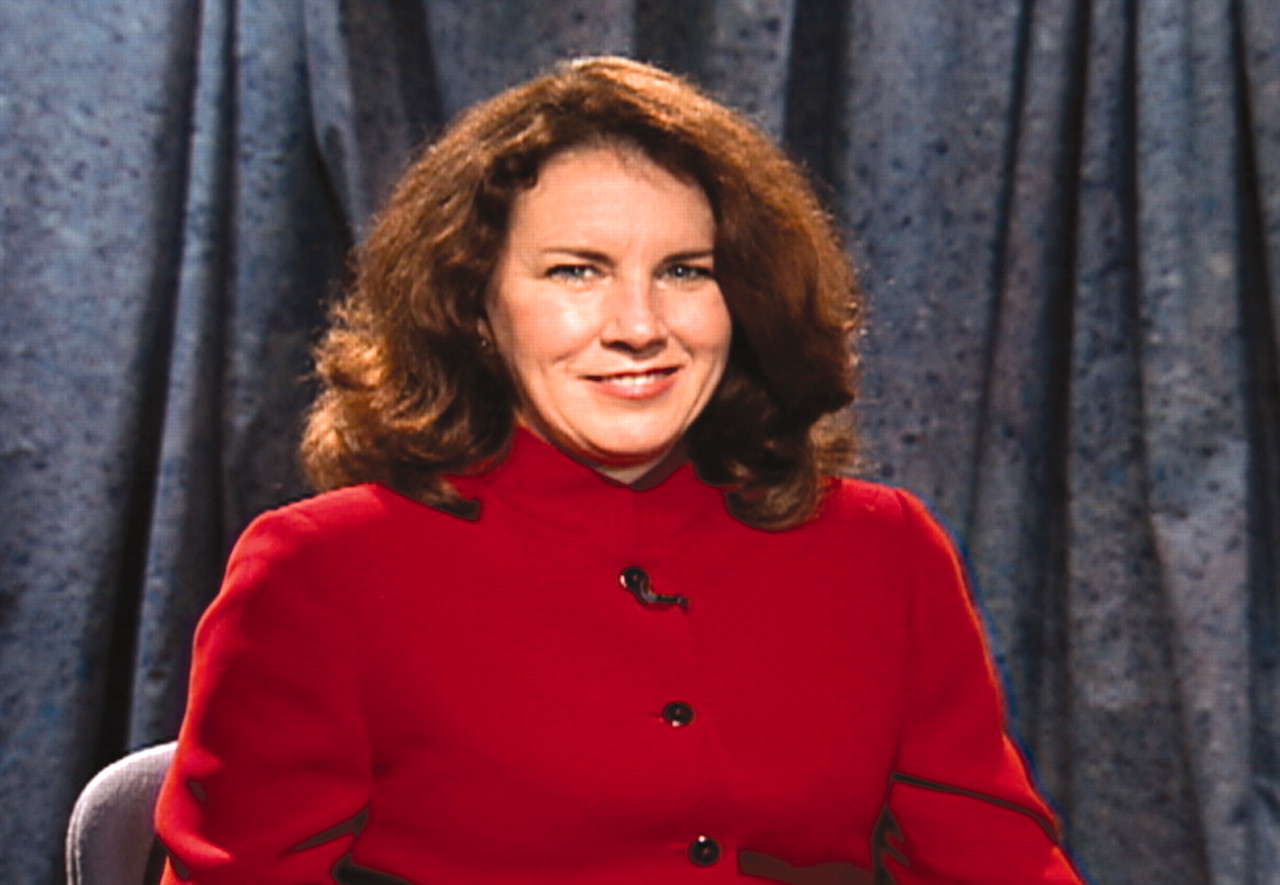Federal agencies were asked to respond to the recommendations of the New Freedom Commission on Mental Health after submission of the commission's report to President George W. Bush in July 2003.
Among the first federal agencies to come up with an action agenda was the Department of Veterans Affairs (VA), which released “Achieving the Promise: Transforming Mental Health in the VA” on December 1, 2003.
Deputy Under Secretary for Health for Health Policy Coordination Frances M. Murphy, M.D. M.P.H., who served on the commission and chaired the work group that produced the VA report, told Psychiatric News that before the commission's work, “the VA had already begun a process for transformation” that is not yet complete.
She emphasized the importance of a “culture change” that focuses on the idea of functional recovery, rather than merely symptom reduction.
Work group members offered a candid assessment of key challenges.
Mental health workloads increased by 34 percent between 1995 and 2002.
Murphy said, “During Fiscal 2003, a total of 794,581 veterans, 16.9 percent of all VA patients, received specialized VA mental health [services].”
According to the report, “[Veterans] may have a higher prevalence of multiple diagnoses [and] mental health problems, such as PTSD and substance abuse, when compared with the general population.”
The group wrote, “To date, the VA has not developed enough capacity in outpatient or community-based programs to adequately serve enrolled veterans' needs for screening, prevention, crisis treatment, and coordinated chronic health care.”
The inadequacy of the capacity is exacerbated by the“ variability” in quality and extent of mental health services, including those for substance abuse, depending on geographic location.
“[O]nly about one-third of the veterans who meet utilization criteria for Mental Health Intensive Case Management are currently enrolled in such programs. Consistent access to mental health care in Community-Based Outpatient Clinics (CBOCs) has not yet been achieved. Of 616 CBOCs in Fiscal 2001, 258 had no mental health visits, and an additional 78 report that mental health care accounts for under 5 percent of their workload.”
Murphy pointed out that the VA also has substantial strengths.
“Parity is not an issue. There is no restriction on the number of visits [to a mental health practitioner].”
She added that VA Secretary Anthony Principi “is such a champion for mental health.”
(In 2002, Principi was the recipient of the APA Speaker's Award. He was praised particularly for his support of services for veterans with PTSD and for homeless veterans with serious mental illness.)
The work group agreed on a nine-item agenda to guide action (see box).
Murphy noted that the work group had identified a target date of 2008 to eliminate variability in access to mental health, substance abuse, and homeless services and to long-term psychiatric care.
That change will require expansion of specialty mental health services to all CBOCs. Telepsychiatry might be used in rural areas where it is difficult to recruit specialists who can treat such illnesses as PTSD.
The emphasis of the commission's report on promoting recovery and on greater involvement of patients and family members in making treatment choices is reflected in the recommendations of the VA's work group in the 2003 report.
The work group singled out 12 recommendations “of such high importance that implementation should begin in January 2004.”
Among them are to adopt the recovery model in VA mental health programs nationwide, to educate VA staff on recovery, to develop a strategic plan for mental health research that supports VA recovery-based mental health, to initiate a national Recovery and Rehabilitation Task Force, and to develop a manual on establishing a peersupport program.
Murphy said that supported employment programs are a particular priority in terms of promoting recovery and the ability of veterans to live productively in the community.
Several recommendations promote the integration of mental and primary health care services.
How can mental health practitioners be confident that integration of services will not result in further erosion of resources for mental health care?
Murphy said, “Everyone worries they might lose something, but the VA is trying to increase access to high-quality care... .There will always be a need for mental health and substance abuse specialists.”
She said that the goal is to “detect mental health problems early” and “keep care integrated as long as possible.”
Murphy added that the veterans' population is aging. Those veterans prefer to have a primary care team coordinate their treatment.
“By involving mental health practitioners in the work of primary care clinics, veterans get a clear message that mental health is essential to their overall health.” ▪

